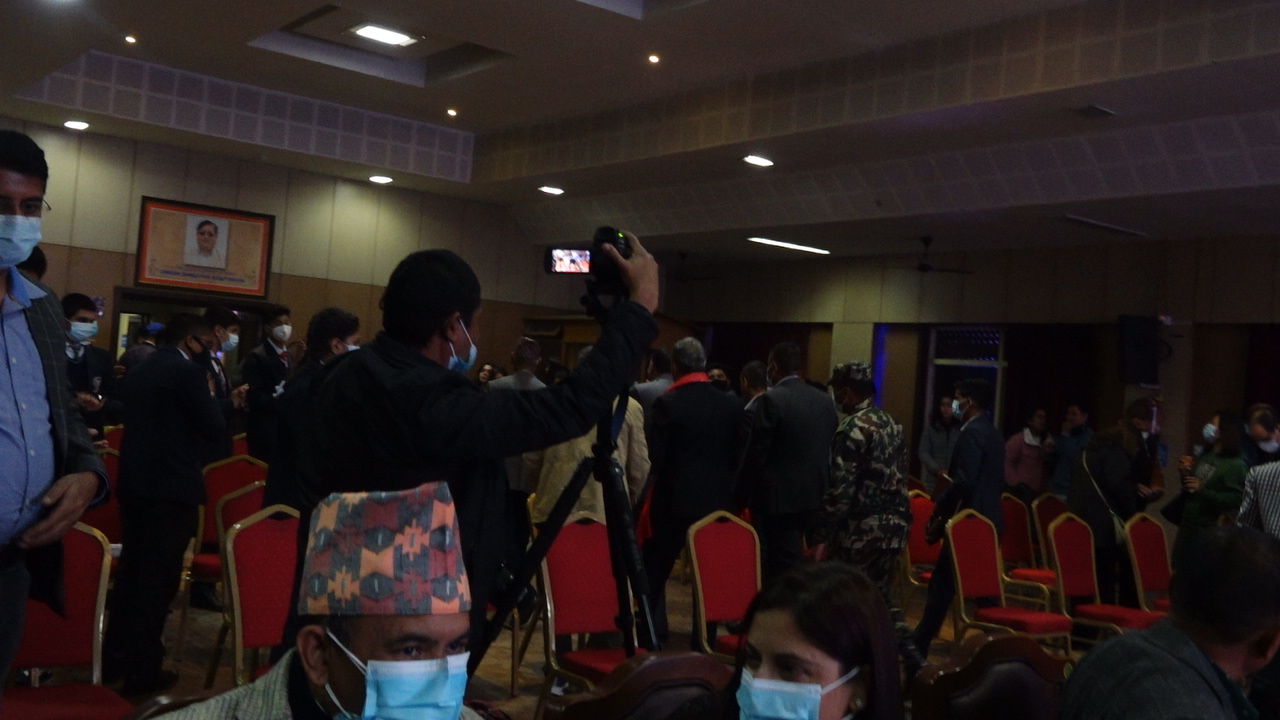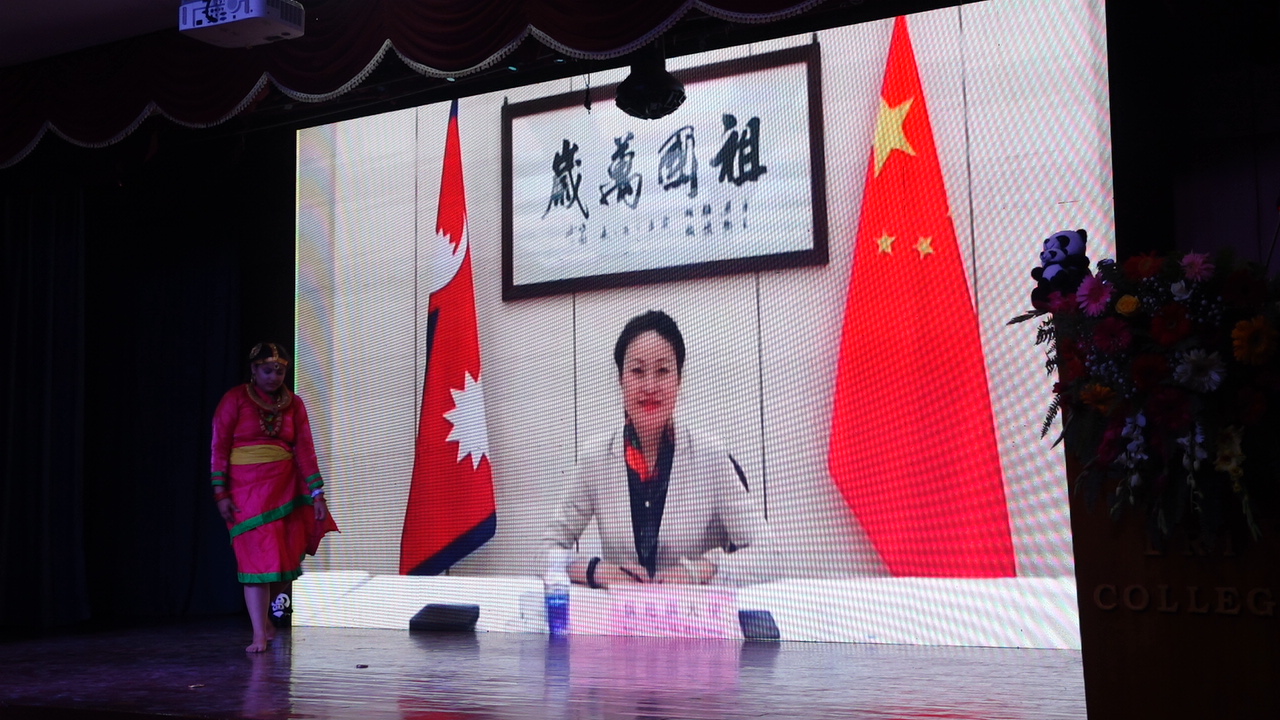
HIMAL PAARI KO MITRATA
Nepal and the People’s Republic of China have a long and deep relationship. Nepal-China ties has been warm and amicable. The two countries’ historic and diverse diplomatic ties have evolved since the days of Nepali monk and scholar Buddhabhadra (early 5th Century), Princess Bhrikuti (first half of the 7th Century), and Araniko (Anige, second half of the 13th Century), as well as early visits by Chinese monks and scholars such as Monk Fa Xian (Jin Dynasty), Monk Xuan Zang (Tang Dynasty), among others.
Since the beginning of diplomatic ties in 1955, the bilateral friendly relationship has grown from strength to strength, reaching unprecedented heights in recent years. On August 1, 1955, the two nations officially formed their relations by establishing diplomatic relations. Friendship, compassion, supportiveness, collaboration, and respect for each other’s concerns have characterized relations between the two countries. Both countries are steadfast in their belief in the principles of the Five Principles of Peaceful Coexistence.
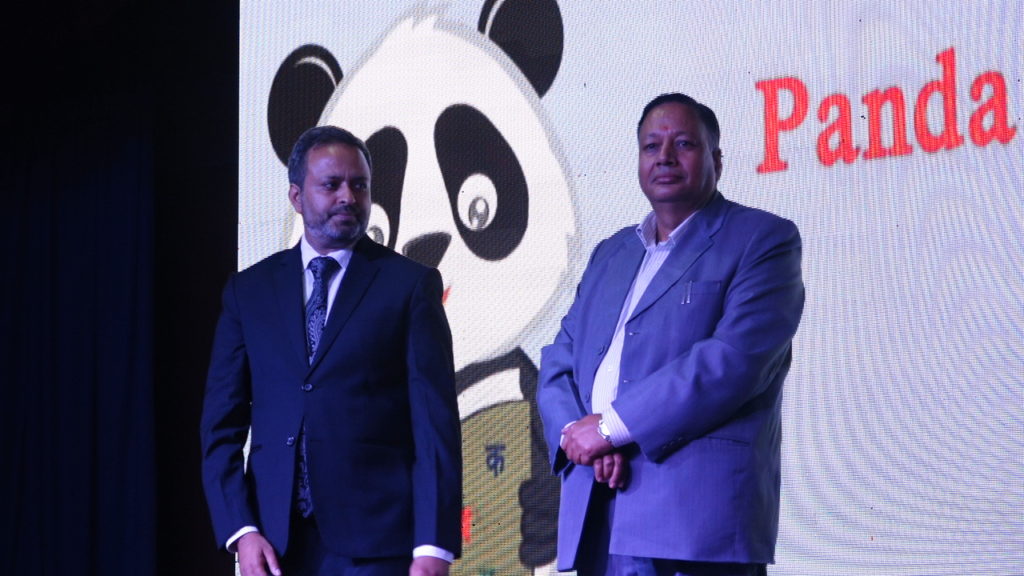
Both nations have a long history of exchanging high-level visits on a regular basis, which has helped to develop and consolidate bilateral relations. Both nations have used bilateral, regional, and international platforms to organize talks between leaders in order to maintain frequent contacts and share perspectives on mutually beneficial matters. Bilateral visits have greatly aided in the development of Nepal-China bilateral ties and the promotion of mutual partnership between the two nations.
Continuing the trend, International Liaison Department of the Communist Party of China (CPC), Liu Jianchao visited Nepal. This was Liu’s first trip to Nepal since taking over as Foreign Department Chief. This visit by Liu is considered as crucial in terms of boosting Nepal’s long-standing positive relations with China. During his stay, Liu met President Bidya Devi Bhandari, Prime Minister Sher Bahadur Deuba, Chairman of CPN-UML, KP Sharma Oli, Chairman of CPN (Maoist Center) and Pushpa Kamal Dahal among other leaders.
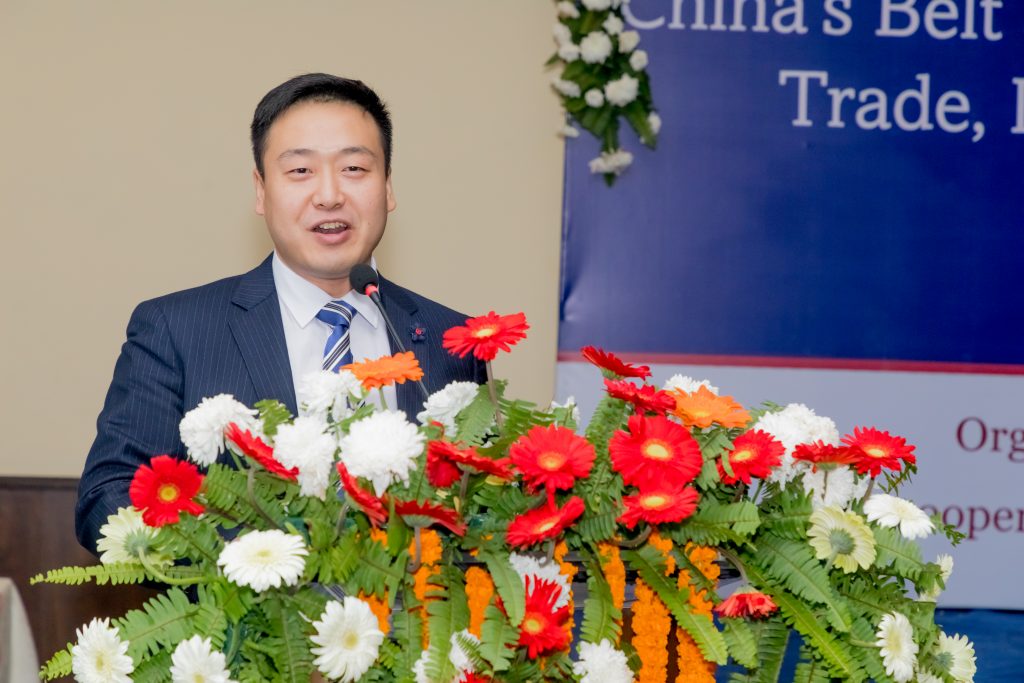
President Xi Jinping’s warm wishes and best wishes were sent to President Bhandari by Liu Jianchao during his visit. One of the goals of Liu Jianchao’s visit was to fully execute the key consensus made by President’s Xi Jinping and Bhandari, as well as to engage in cordial exchanges with various parties in Nepal and support the healthy and steady growth of bilateral relations. During his tour, he visited with the leaders of the Nepalese government and political parties, and he left with three lasting impressions. First, despite having opposing political viewpoints, Nepal’s government and opposition parties agree on the need of expanding China-Nepal relations.
Second, China and Nepal are great allies who mutually assist one another. Nepal remains committed to the one-China concept and does not let any forces to utilize Nepali land to conduct anti-China actions. China also assists Nepal in preserving its sovereignty, independence, and territorial integrity, as well as in selecting a social system and development path that is appropriate for its national circumstances.
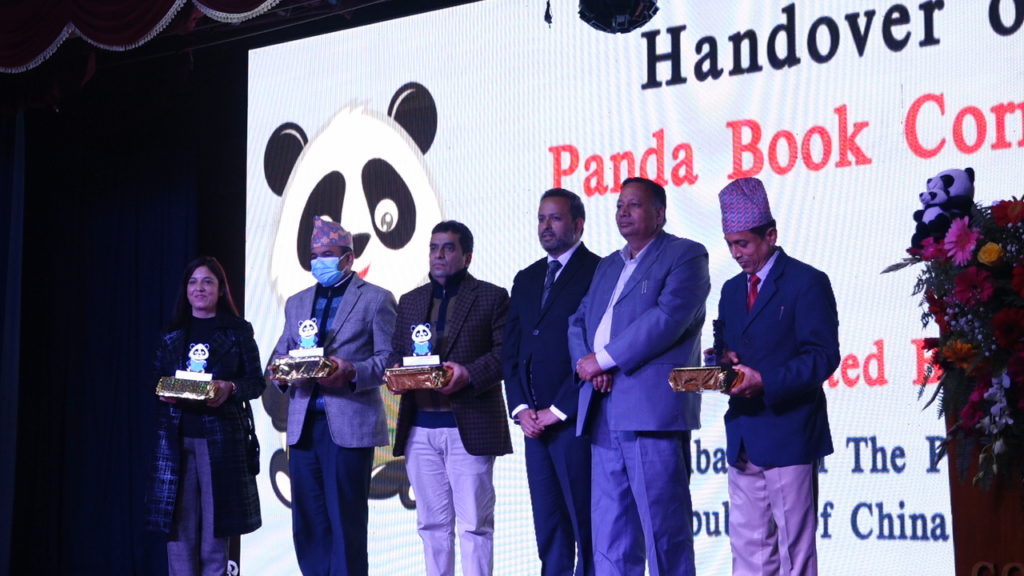
Lastly, the Chinese and Nepalese people have been friendly for years, and there is tremendous opportunity for mutually beneficial collaboration between the two countries. China will collaborate with Nepal to vigorously push the execution of the key agreement made between the two heads of country.
China’s long-term policy toward Nepal is one of friendship, which is open to all parties and people in Nepal. China’s support and help to Nepal is honestly for the good of Nepal’s development and the people of Nepal, and China is prepared to continue to give support and assistance for Nepal’s economic growth and the betterment of people’s livelihoods within its capabilities. Nepalese people can be assured to believe that when they face hardships, they have Chinese brothers on the other side of the Himalayas
You May Also Like
